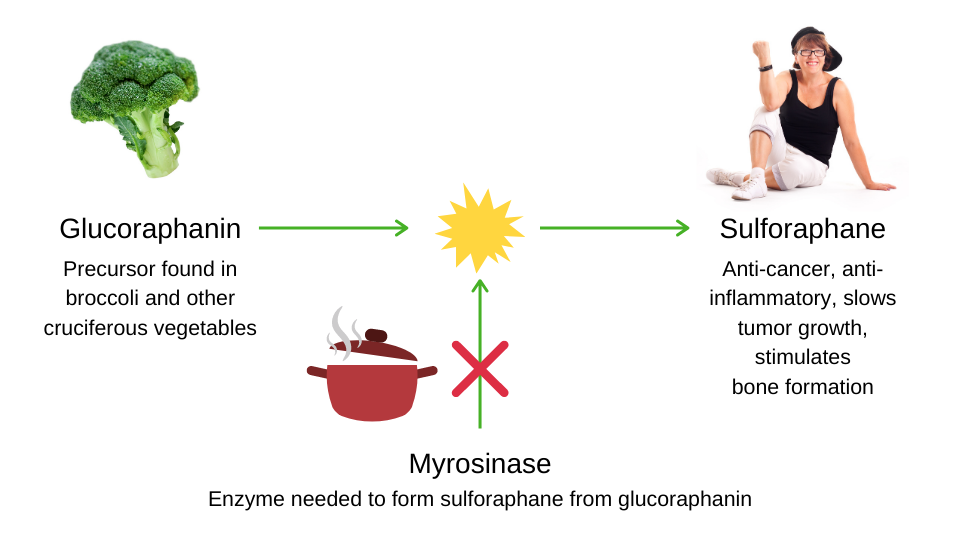
Choose Your Supplements Wisely
Millions of us swallow down handfuls of vitamins or other supplements every day in hopes of staying healthy, preventing disease, or halting the aging process. Supplements are a big business. When you have Americans spending over 30 billion dollars a year on supplements, everyone wants a hand in the market.
However, this can lead to issues of quality, safety, and effectiveness. Even though the FDA has stepped up their efforts to oversee the supplement industry, it does not test supplements for quality or safety before they are sold. This means that there is no guarantee that a supplement will contain the ingredients advertised on the label. Furthermore, many have unwanted ingredients, like heavy metals, pesticides, or additives that may be harmful to your health. In some cases, the FDA has even found supplements that contain prescription drugs, like steroids or antidepressants. Lastly, many supplements have nutrients in forms that can’t be absorbed into the body and merely pass right through your system without any benefits.
Ideally, we should get all the nutrients we need from food. Unfortunately, the use of pesticides and synthetic fertilizers in modern farming practices, the erosion of nutrient-rich topsoil, and agricultural practices designed to improve traits (size, growth rate, pest resistance) other than nutrition have all led to a decline in the nutrient value of our foods. On top of that, many of our vegetables and fruits spend days traveling in trucks and stored on grocery shelves resulting in further loss of nutrients.
So, although I am an advocate of “food first,” when requirements are not being met through diet alone, supplements are necessary. However, it is important that the supplements you take are manufactured with quality supervision and sold reputably.
Without strict oversight and regulations, how do you know if the supplement that you picked up at the store yesterday is going to be safe and effective?
Here are some guidelines to follow which will help you get quality supplements:
6 things to look for when choosing a nutritional supplement:
1. Choose supplements that have been 3rd party tested and certified. When choosing dietary supplements, purchase products from reputable supplement companies that use third-party testing to verify the ingredients in the supplement and rule out contaminants. The best known 3rd party testing groups included ConsumerLab.com and National Sanitation Foundation International (NSF International). ConsumerLab.com provides independent test results and information to help consumers and healthcare professionals identify the best quality health and nutrition products. NSF International is an independent organization that inspects and tests a variety of products to ensure that they meet adequate standards of safety. An NSF certification ensures the consumer that a product has been tested and meets the NSF’s standards of safety.
2. Is the company following Good Manufacturing Practices (GMPs)? The GMP certifies that companies manufacturing the supplement are following best-practice procedures to ensure that a dietary supplement is manufactured, prepared, and stored properly and meets certain quality standards. If a supplement manufacturer meets GMP standards, they will have the cGMP/GMP designation. So you can be confident that the product is authentic, guaranteed to have no contamination, and have been manufactured consistently and safely.
3. Know the sourcing of ingredients. It is important to know if the ingredients in the supplement are coming from a toxic environment. This is particularly important when it comes to fish oil supplements. The quality of fish oil is directly related to where the fish was sourced. Pollutants like PCB and mercury contaminate many of our fish and therefore affect the quality of the oil used in the supplement. Years ago, my sister, an environmental toxicologist, was testing fish in the Gulf of Mexico shortly after the Deepwater Horizon oil spill in 2010. She revealed to me that a popular supplement company continued to source fish from the Gulf of Mexico during this time despite their elevated contaminants. Not only do you want to look for fish oil that is sourced from a clean body of water, but also from smaller fish such as salmon, anchovies, and sardines, rather than larger or farm-raised fish.
4. Buy supplements that are pharmaceutical grade if possible. Pharmaceutical grade supplements are subjected to stricter regulations because they have to meet pharmaceutical standards. Most supplements you find in health food stores are food-grade supplements that merely meet standards set for human consumption. The difference between pharmaceutical grade supplements and food-grade supplements is how many other substances are added. Pharmaceutical grade supplements must be in excess of 99% purity with no binders, fillers, dyes, or unknown substances. This results in a much higher quality product than a food grade alternative, and in turn, can mean the difference between a product that has an effect or not.
5. If it is cheap, avoid it. Unfortunately, good supplements cost more. No reputable company using high-quality ingredients can manufacture high-end supplements cheaply. The fact is, it costs money to make quality dietary supplements such as vitamins, protein powders, fish oil capsules, or herbal blends.
6. Beware of counterfeit supplements. Fake supplements are flooding the market these days and it is very hard to truly know if a supplement is counterfeit or the real thing prior to purchase. Counterfeiters can create a label to match the best selling brands, and then fill the bottle with an imitation product made from inferior ingredients. Unfortunately, it’s easy to sell counterfeit supplements at reputable online venues such as Amazon. Although it is not Amazon’s intention, they simply can’t adequately “police” their third-party sellers which leads to consumers unknowingly purchasing a fake product. If purchasing supplements from Amazon, please carefully inspect all products in regards to labeling, size, shape, and smell as well as check for expiration dates. Your best bet would be to buy your supplements directly from the supplement manufacturer itself or trusted health care professional.
In my practice, I only recommend certified supplements that come from vetted companies that I know and trust. This way I can be sure that my clients are getting nutrient supplements and natural products that are made from the highest quality materials. I also take the hassle out of searching for reliable and trustworthy supplements by offering an easy and convenient way to order online through Fullscript.com. Fullscript provides a one-stop-shop for purchasing top-quality nutritional supplements and products.
Are you taking a good quality supplement or are you throwing your money away on a product made with inferior ingredients? High-quality supplements can help you address nutrient deficiencies in your diet, but it can be overwhelming to determine exactly what you need, what dosage you should consume, and where you should purchase your products.
Breakthrough the confusion with a Supplement Review!
The 45-minute session includes:
- A comprehensive review of your current health and physical well-being
- Review, revision, OR development of a customized supplement program
- Ongoing discount on all supplements purchased through Fullscript
All of this for the low price of $75. The savings you will receive on the supplements alone will cover the cost of this comprehensive assessment!
Before risking any more money or your health, why not be sure the nutritional supplements you are taking are safe and truly helping you achieve your wellness goals.

Susan Brady
is a Physical Therapist,
Nutrition Consultant and
Doctor of Integrative Medicine.
She has been treating women with osteoporosis for over 30 years and is dedicated to helping people achieve
lasting good health and vitality.
Want to learn more about how you can improve your bone health? Contact me for a free 15 minute phone consult to learn more about the BONES Method™ and how it can help you achieve strong, healthy bones for life!





